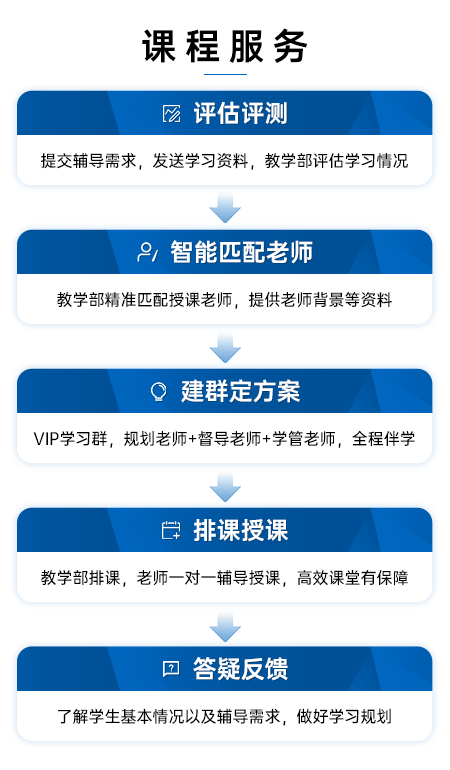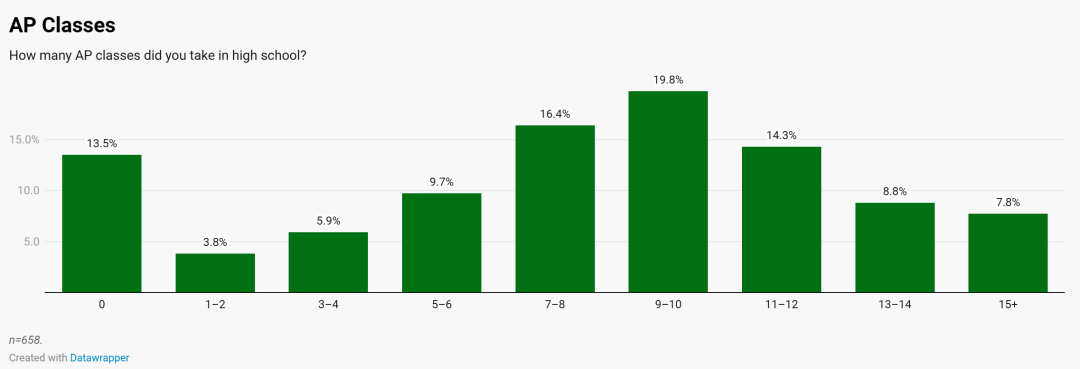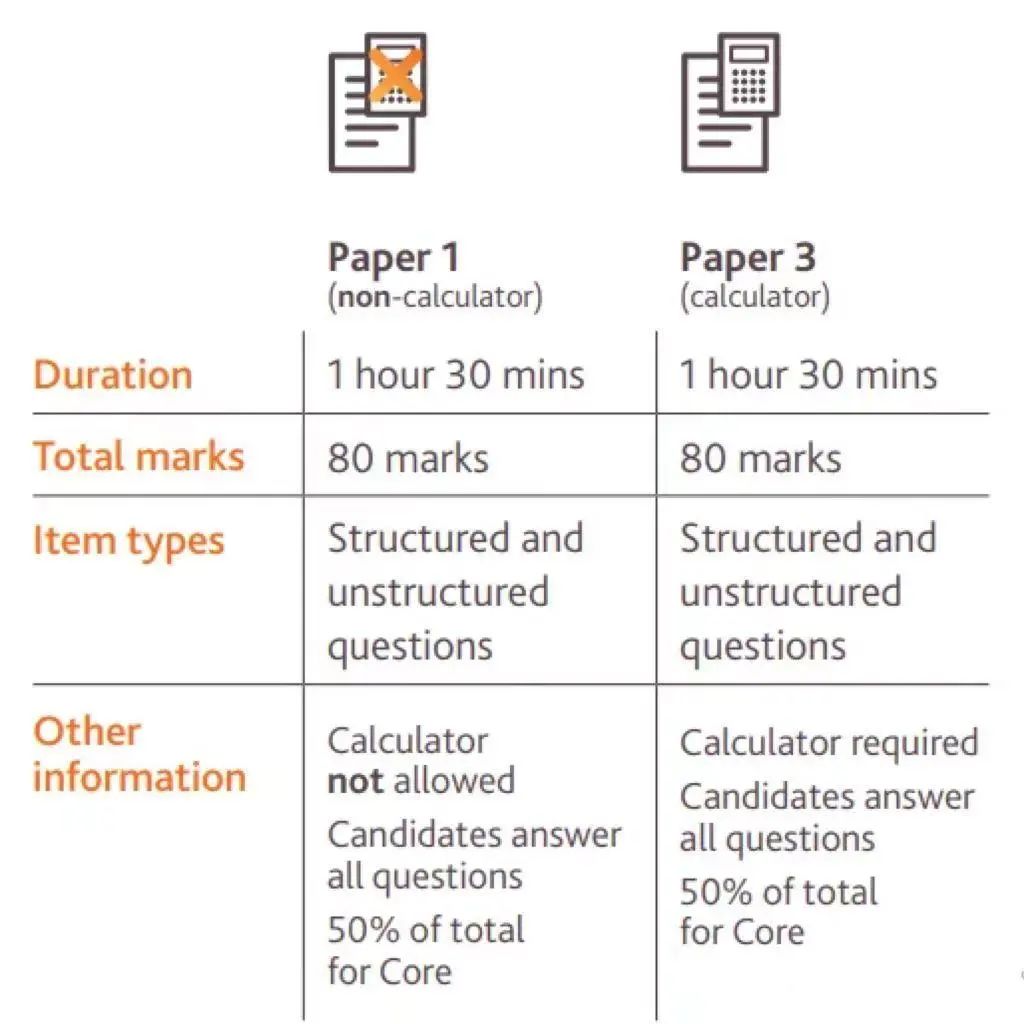Elderly People
IELTS SPEAKING PART 3
在雅思口语part 3中有很多问题都会涉及到老年人,比如问及老年人的购物习惯、饮食习惯、金钱/消费态度或是对于新事物的接受程度等等。其实在回答与老年人相关的一些问题时,我们可以利用老年人所拥有的共性,举一反三,灵活地应用到不同的问题中。
大家可以想一想,如今的老年人都有哪些共性?而这些共性背后的原因或带来的结果又是什么?在我国,老年人(65岁以上的群体)基本上出生、成长的年代经济滞后,大多家庭都只能勉强度日。他们因此形成了十分节俭的生活习惯,比如舍不得丢弃旧物,总觉得那些旧东西有朝一日有用处。很多老年人认为去电影院、大商场、豪华餐厅等场所消费娱乐实属浪费,他们更倾向于抑制这些“享乐主义”的消费,将钱存起来,以备不时之需。
相关表达:
silent generation 1954前出生的人
baby boomers 1946-1964年出生的人
millennials 1981-1996出生的人
generation Z 1997年后出生的人
are taught to be frugal 被教育要节俭
live a frugal existence 生活俭朴
avoid luxuries 力避奢华
thrifty 节俭的,节约的
develop thrifty habits 形成节约的习惯
emphasise the importance of saving 强调存钱的重要性
grow up with little money 在金钱困乏的条件下长大
are less likely to go into debt 不那么容易身背债务
pay for items in full with cash 用现金全额付款
economic depression 经济萧条
barely make ends meet 几乎入不敷出
scrape by 勉强度日
hedonistic 享乐主义的
hedonism 享乐主义
splurge on sth. 挥霍,大手大脚花钱
keep unused/worn-out items 保留不用的/破旧的物品
come handy 派上用场
save for a rainy day (存钱)未雨绸缪
fancy dining establishment 高档餐饮场所
E.g. To my way of thinking, the elderly’s views of money are sharply different from those of twentysomethings and thirtysomethings. Thosebaby boomers emphasise the importance of savingrather than spending like there’s no tomorrow. They tend tolive a frugal existence, avoiding luxuries. They rarelyeat at fancy dining establishments or splurge onmovies, gym memberships and beauty products. I guess it’s because they were born in times ofeconomic depressionandgrew up with little money. They, therefore, understandably havedeveloped thrifty habits.
随着年纪的增长,人的身体状况大多不如年轻时那么强壮、健硕,一些老年病找上门以后,老人们自然不能随心所欲地吃东西(如油炸食物、冷饮)、参与过于刺激、激烈的活动(如过山车)。但同时,也是因为年纪的增长导致身体状况的退化,老年人们会比其他群体更在意养身,所以你也不难发现为何很多老年人总喜欢观看一些养身节目或阅读养身书籍,在家庭群里分享各种“养身知识”,甚至大量的老年人上当受骗购买了所谓的“保健品”和灵丹妙药。
相关表达:
are in good nick 身体健康,身体好
develop/contract age-related illnesses 患上老年病
deep-fried food 油炸食物
a bland diet 清淡的饮食
to one’s heart content 随心所欲地
irritate one’s stomach 刺激某人的胃
upset one’s stomach 令某人的胃不舒服
explore ways to maintain health 探索保持健康的方法
health-related shows/books 与健康相关的节目/书籍
are conned out of money 被骗钱
nutritional supplement 营养补充品
delay ageing 延缓衰老
protect sb. from cancer/Alzheimer/hypertension/diabetes 保护某人免受癌症/老年痴呆症/高血压/糖尿病
be taken for a ride 被骗
a miracle cure 灵丹妙药
E.g. As people age,maintaining good healthis the priority. The grey-haired usually explore various ways to help themselves be in good nick. They mightgo for a bland diet, cutting back ondeep-fried foodor any food high in sugar, salt and fat. They no longer consume spicy food and iced drinksto their heart contentas these foods canupset their stomachs.
如今不管是城市还是乡下,独居的老人也越来越多,他们的子女或许去到了其他城市寻求更好的工作机会,但即使与子女们同在一个城市,由于繁忙的工作,他们的子女也无法频繁看望他们。这或许也是为何广场舞受退休群体喜爱的原因之一——为他们提供了一种简单、直接的社交方式,丰富了他们的退休生活。
相关表达:
empty nester 空巢老人
seek better money-making opportunities in larger cities 在更大的城市寻找更好的挣钱机会
pay a visit to them very often 经常看望他们
feel isolated 感觉孤独
loneliness affects people in old age 孤独影响老年人
live with a feeling of loneliness 与孤独感
add some spice to their retired life/spice up their retired life 为其生活增添乐趣
square dance 广场舞
socialise with peers 与同龄人社交
a simple and straightforward way 简单直接的方式
chatter about 闲聊 v.
E.g. Square dance is probably the most popular activity among retirees, many of whom areempty nesters. It’s easy to understand why. Their children are either far away,seeking better money-making opportunities in larger cities, or too busyto pay a visit to them very often. As a result, golden agers have tolive with a feeling of loneliness.To add some spice to their retired life, they take on square dancing. At least for them,it’s a simple and straightforward way to socialise with peersfrom the same neighbourhood.














